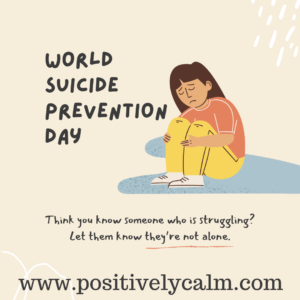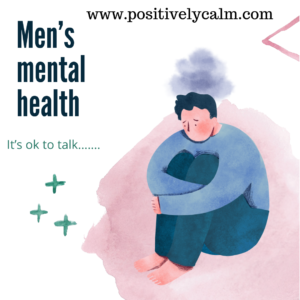Breaking the Silence: The Celebrity Shield in Sexual Abuse Cases

In recent years, the world has witnessed a growing wave of movements and campaigns aimed at raising awareness about sexual abuse and harassment. These movements have empowered survivors to come forward and share their stories, sparking discussions about the importance of believing and supporting survivors. However, a disturbing trend has emerged where celebrities accused of sexual misconduct often receive significant public support, which can deter survivors from speaking out. One notable example of this is the case of Russell Brand, which raises critical questions about the role of celebrity influence in silencing survivors and perpetuating a culture of impunity.
The Power of Celebrity Influence
Celebrities wield tremendous power and influence in our society. They have the ability to shape public opinion and mobilize their fan base to support their causes. While this influence can be a force for good, it can also be a double-edged sword when it comes to addressing allegations of sexual abuse. When a celebrity is accused, their fans often rush to their defence, creating an environment that can be intimidating for survivors who wish to come forward.
The Russell Brand Case
Russell Brand, a well-known comedian, actor, and activist, found himself at the centre of controversy when allegations of sexual misconduct surfaced against him. While it is essential to emphasize the importance of due process and the presumption of innocence, the public response to such allegations can be telling.
In the case of Russell Brand, many of his supporters were quick to dismiss the allegations, often resorting to victim-blaming or suggesting ulterior motives on the part of the survivors. This kind of response can have a chilling effect on other survivors who may be considering sharing their own experiences.
The Fear of Speaking Out
Survivors of sexual abuse often grapple with feelings of shame, guilt, and fear when considering whether to come forward. The fear of not being believed or facing backlash can be overwhelming. When high-profile celebrities like Russell Brand receive vocal support from the public, it reinforces the belief that survivors’ voices will not be heard or valued.
This fear of speaking out not only perpetuates a culture of silence but also allows alleged perpetrators to evade accountability. When celebrities accused of sexual misconduct continue to enjoy success and adoration from their fan base, it sends a troubling message that their actions are excusable or easily forgiven.
The #MeToo movement, which gained momentum in 2017, aimed to shed light on the pervasive issue of sexual harassment and abuse across various industries. The movement encouraged survivors to share their stories, exposing many high-profile individuals for their misconduct. However, the cases of celebrities like Russell Brand receiving public support create a sense of disillusionment within the movement.
When survivors see celebrities escaping consequences for their actions or even gaining more support, it can undermine the progress made by the #MeToo movement. This discourages survivors from sharing their experiences and seeking justice, ultimately perpetuating a cycle of silence and impunity.
Addressing sexual abuse and harassment requires a collective effort to create an environment where survivors feel safe and supported when coming forward. The power and influence wielded by celebrities should not be used to shield them from accountability when facing allegations of sexual misconduct. Instead, it is essential to prioritize justice, truth, and the well-being of survivors.
The public should critically examine the way they respond to allegations against celebrities and consider the potential consequences of unwavering support. Survivors deserve to have their voices heard, and they should not be discouraged from speaking out due to the fear of facing a wall of celebrity-fuelled defence. Only by addressing this issue can we hope to create a more just and equitable society for all survivors of sexual abuse.
After 21 years in practice, much of that using hypno-analysis, a form of regression to trauma, I have found that clients were able to talk about their experiences of abuse in a relaxed hypnotic state. Much of the time they had never felt safe to speak about these events before. The main reason? Embarrassment, shame and fear of not being believed. These abusers had not been in the public eye. Imagine how magnified all these emotions would be on a media platform.
I do believe in innocent until proven guilty but that has to go both ways. Please think before you comment on social media. You don’t know who might be reading and what they have been through.


